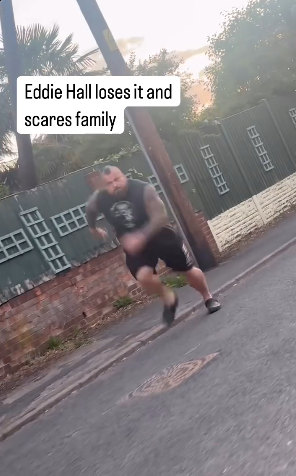In an age where the tipping culture is as hotly debated as pineapple on pizza, one woman’s refusal to tip after a $350, 7-hour hair braiding session has sparked an online furor. The influencer, known as Justice from Chicago, defended her decision by highlighting the substantial amount she already forked out for the service, which took place in the stylist’s home, not a salon, implying reduced overhead costs for the stylist.
Justice’s rationale was simple: she expressed her gratitude verbally, which she felt was sufficient. She detailed the prerequisites she fulfilled before the appointment, including washing and blow-drying her hair and withdrawing cash, emphasizing the effort she put in pre-service. Despite her contentment with the service, her no-tip decision left her feeling anxious, given it was her first time bucking the tipping norm in a hair service context.
The internet, a realm where opinions clash more fiercely than Titans, had a field day. Some sided with Justice, arguing that the exorbitant cost and the home-based service setting justified her stance. In contrast, others lambasted her for not recognizing the stylist’s effort and skill, highlighting the taxing nature of the job and the financial pressures faced by professionals in the beauty industry.
San Diego-based stylist and extension specialist Hamuidah Anderson didn’t mince words, branding Justice as a client lacking respect for the industry, suggesting that a hefty bill at a restaurant would probably have loosened her purse strings for a tip. The incident not only ignited a debate on tipping etiquette but also underscored the broader conversation about the valuation of skilled labor, especially in service-oriented professions.
As the discourse rumbles on, this episode serves as a mirror reflecting the varied perspectives on tipping, a practice as ingrained in American culture as apple pie, yet as contentious as ever.




